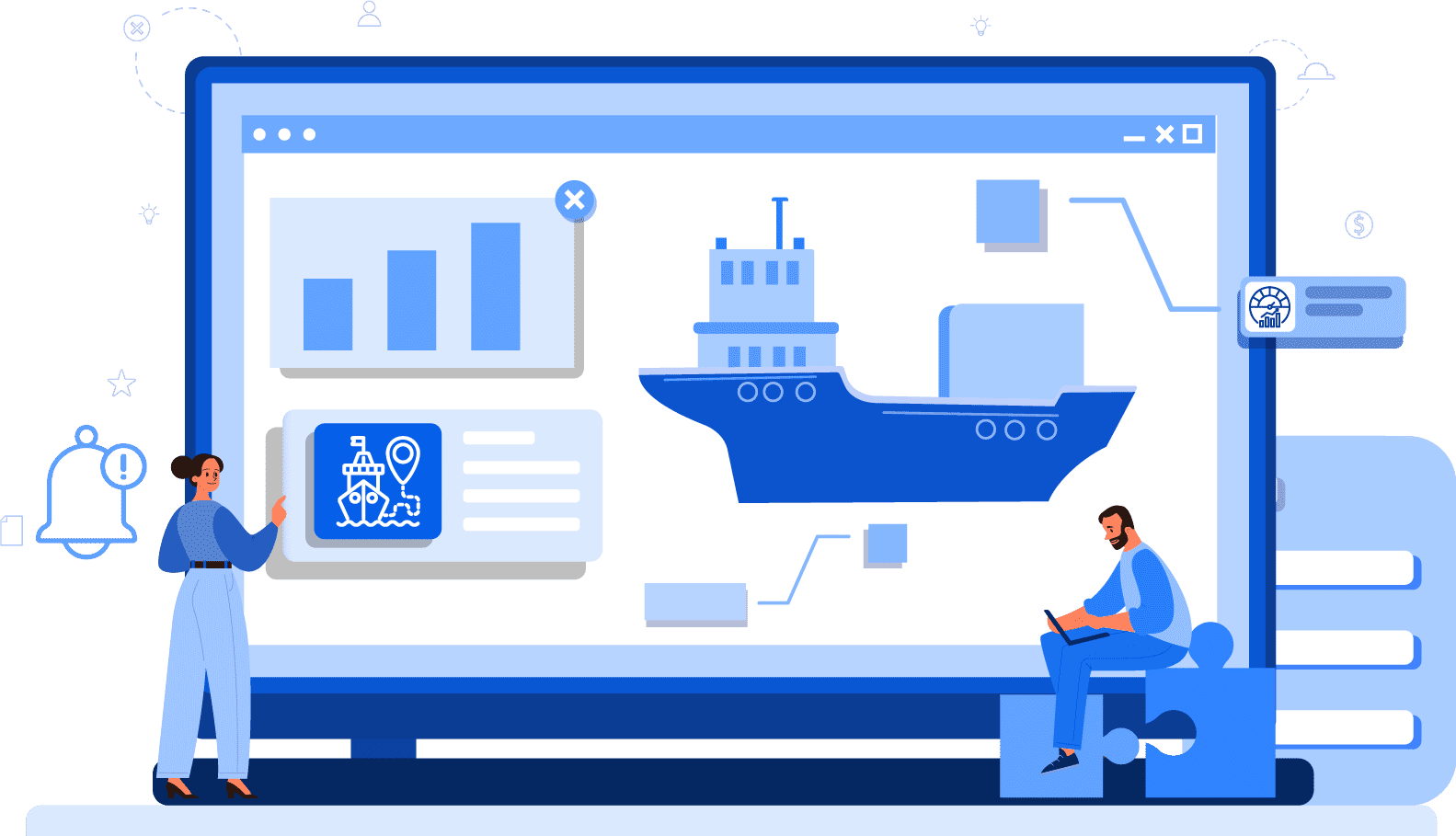The global landscape for maritime digital solutions is both competitive and fragmented, with numerous vendors competing for a larger Marine Management Software Market Share. The market features a mix of large, established enterprise software providers and smaller, specialized companies that focus on niche areas of maritime operations. Industry leaders like Veson Nautical, DNV GL, and Kongsberg Maritime have secured significant market share by offering comprehensive, integrated suites that cover nearly every aspect of ship and fleet management. Their strategies often involve strategic acquisitions of smaller tech companies to absorb innovative features, alongside forming strong partnerships with hardware manufacturers and maritime service providers. These established players leverage their brand reputation, extensive customer base, and global support networks to maintain their dominant positions, particularly among large, multinational shipping lines.
The distribution of market share is not solely concentrated at the top; numerous specialized vendors have carved out strong positions by focusing on specific functional areas. For instance, some companies excel in providing best-in-class crew management and payroll systems, while others are renowned for their advanced planned maintenance systems (PMS) or fuel optimization modules. This specialization allows them to cater to the unique needs of different vessel types or operational models more effectively than a generic, one-size-fits-all platform. The rise of cloud-based Software-as-a-Service (SaaS) models has also leveled the playing field, enabling smaller, more agile companies to compete with incumbents by offering flexible, scalable, and more affordable solutions. This has created a dynamic environment where market share is constantly being contested based on innovation, user experience, and customer service.
Looking forward, the battle for market share is expected to intensify as the industry continues its digital evolution. The ability to seamlessly integrate with Internet of Things (IoT) devices for real-time data collection from vessel equipment will be a key differentiator. Vendors that can harness artificial intelligence (AI) and machine learning to provide predictive analytics for maintenance and route optimization will gain a significant competitive advantage. Furthermore, as smaller shipping companies increasingly recognize the need for digitalization, vendors who can effectively target this underserved segment with user-friendly and cost-effective solutions are poised to capture new market share. Ultimately, market leadership will be determined by a vendor’s ability to deliver a unified, intelligent, and future-proof platform that addresses the core challenges of modern maritime operations.



